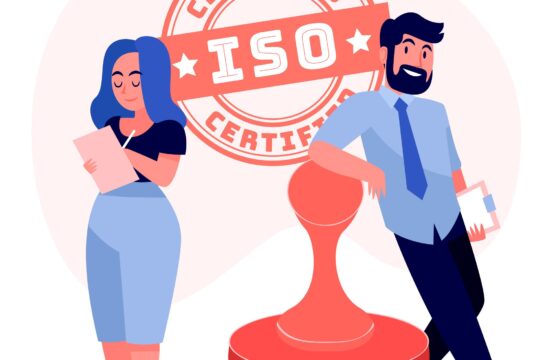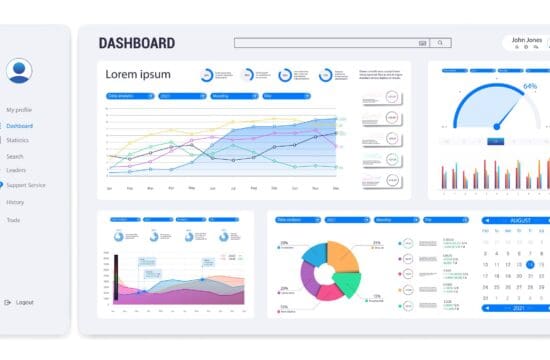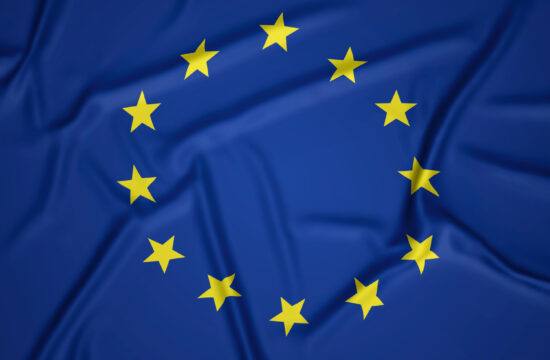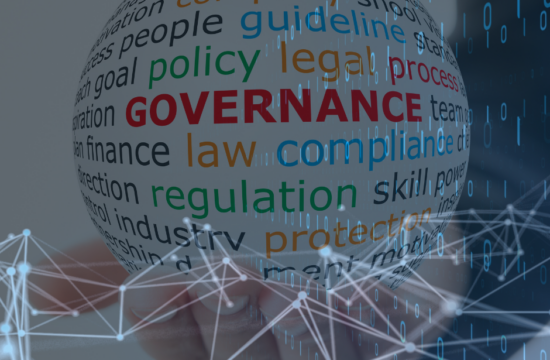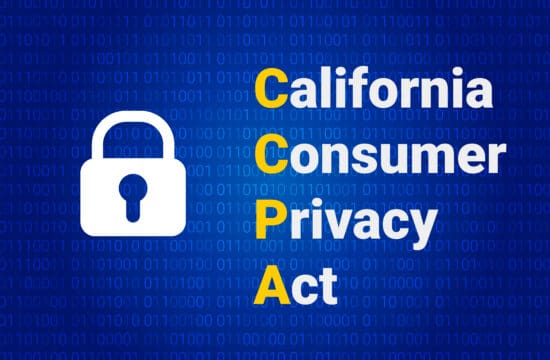Data is a powerful tool for every business. It empowers us to make better decisions, improve operational efficiency, and reduce operating costs. When embarking on online transformation, data becomes a valuable asset for future success.
Inside an organization, several open nodes access different levels of information from the company’s servers. Not every employee should have access to all the data. As a result, data privacy plays a major role.
With that being said, it is also true that we need to secure our data from hackers. When information lands in the wrong hands, a business can experience monetary and reputational losses. This includes compliance and regulations-related consequences as well.

Maintaining the integrity and quality of data is important for data security and privacy. This is where data governance can help.
Data governance revolves around improving data integrity and quality across business siloes. The principles of data governance ensure the authenticity of data and allow reliance on data for accurate insights.
Since data governance, security, and privacy are often confused with one another, this blog intends to identify the differences.
Understanding Data Governance
Data governance allows an organization to protect data quality throughout the data lifecycle. This includes data security, integrity, consistency, and availability. Data governance is not just about the technology or data; it also consists of a comprehensive view of processes, workflows, people, and technology usage.
Data governance includes
- Identifying and assigning data asset responsibilities within the company.
- Creating appropriate levels inside the company for proper data protection and management.
- Establishing authority to take the right action when a data-related emergency occurs or risks increase.
- Acknowledging and using methods to improve data privacy and security.
- Using integrity tools to maintain data accuracy and quality.
Understanding Data Privacy
Data privacy involves protecting data from unauthorized access through management and upgrades by privacy officers. For example, a copywriting intern should not be able to view security documents of the IT department.
Data privacy is imperative for an organization to manage its data assets. This includes customer data and other data that businesses collect, clean, use, modify, and share. This data requires an appropriate level of privacy protection. In addition, maintenance of this privacy is defined by regulatory compliance laws and regulations. It is necessary to follow data-related rules such as the CCPA, GDPR, and other related regulations that protect customers’ data and business’ sensitive information to avoid consequences.
Understanding Data Security
Data architects believe that data security is the most crucial and challenging aspect of the business. Although we might assume that compliance and data privacy automatically secure our data, this is not the case.
Data security is the ability to protect your data from attackers and malicious hackers. Data privacy helps govern how we collect, use, and share data. Therefore, while both concepts intertwine at some point, they are not the same.
Data security includes:
- Knowing your data collection points, systems, and solutions to identify potential risk factors.
- Protecting these systems and entry points via the right level of security control. For example, an external firewall for multi-factor authentication.
- Regularly monitoring data systems to detect an unsafe entry or intrusion at the earliest. Here, Intrusion Detection and Prevention Systems are helpful.
- Lastly, formulating a contingency plan to recover if a security attack occurs. This includes the right course of action, improvement of security, etc.
How Does Data Governance Enhance Privacy?
Data governance can help improve data privacy inside the company. Here’s how a business can use data governance to master data management and data privacy.
- Classify: Firstly, identify the data foundation and its attributes, including definitions, business rules, the purpose of use, data controls, quality rules, risk factors, ownership, etc. The data governance architect will identify the methods for access control, prioritization of projects, etc. The data privacy officer may access risks associated with different data-related functions.
- Tag Data: The second important factor is tagging data. The data governance professional may define the purpose of data usage, and the data privacy officer may ensure the same by keeping rules and regulations (GDPR and CCPA) in mind.
- Data Lineage: Lastly, document data flow to align data governance and privacy strategies. The data governance officer may prepare exhaustive and comprehensive data journey documents, and the data privacy officer may map the original source of the data, where it was collected, and other such factors.
How Does Data Governance Bolster Security?
Ideally, data governance also intertwines with the data security of the organization. With the help of data governance, we can help protect valuable business information.
Both data governance officer and data security architect investigate the following:
- What data are we collecting?
- Where are we storing said data?
- How are we storing important data?
- Who has access to this data?
These questions may seem extremely simple. However, we have many more verticals to discuss under security in the present day. We collect data from multiple disparate sources and store it on various systems, such as the cloud, internal servers, and office computers. Are we securing all of these?
Knowing the structure of our data and using data governance policies can help us secure your data from theft.
Conclusion
It is common to use data governance, security, and privacy interchangeably. However, these three concepts are not the same. They are intertwined in a way that data governance empowers data privacy and security teams to function in a structured manner. Hence, we can say that using appropriate data governance can also help us improve data security and privacy.

